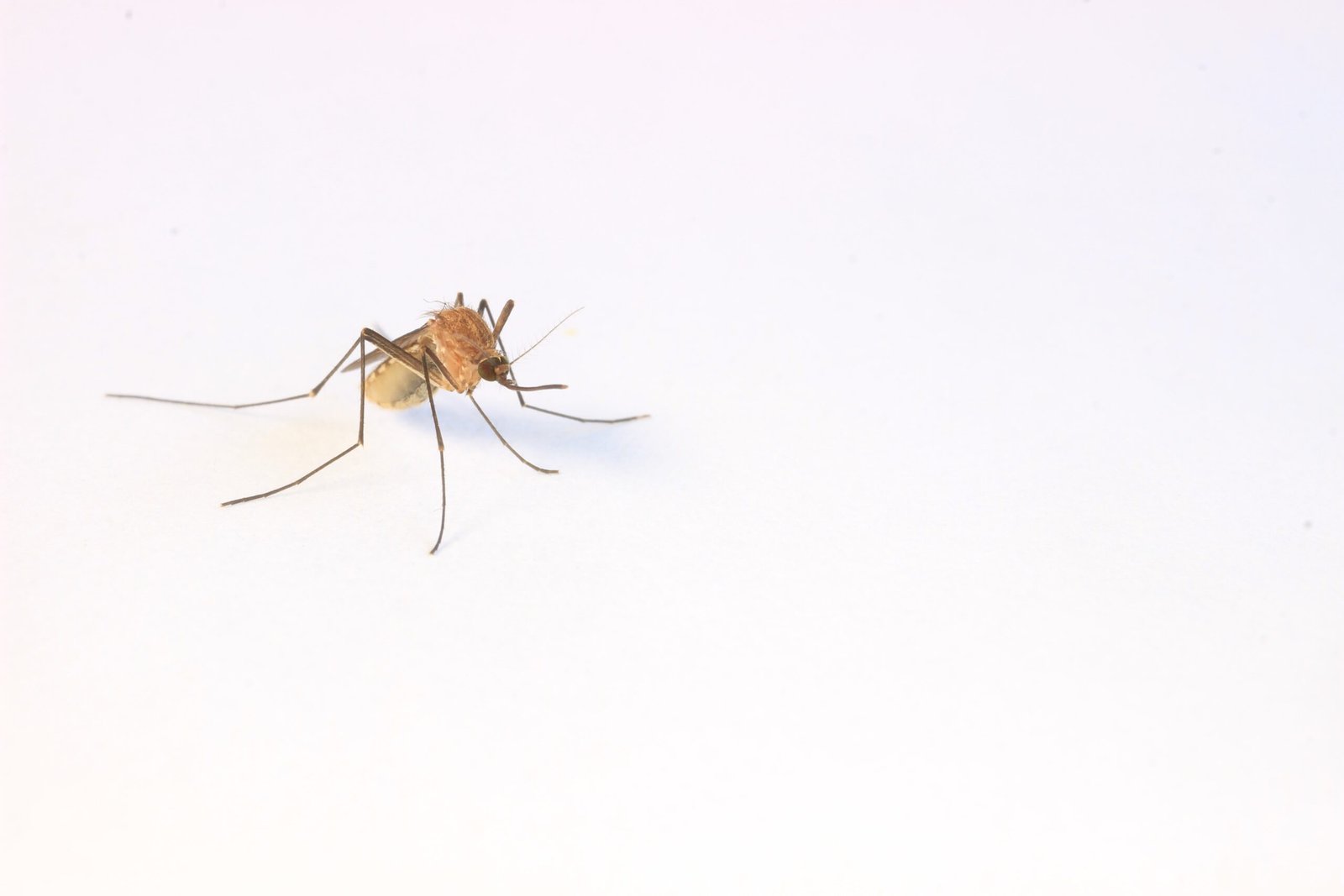The Threat of Mosquito-borne Diseases to Global Health
Mosquito-borne diseases pose a significant threat to global health, affecting millions of people around the world each year. These diseases are transmitted to humans through the bites of infected mosquitoes, making it crucial to understand the risks they pose and take appropriate measures to protect ourselves.

The Impact on Global Health
Mosquito-borne diseases such as malaria, dengue fever, Zika virus, and chikungunya have a profound impact on global health. According to the World Health Organization (WHO), malaria alone caused an estimated 405,000 deaths in 2018, predominantly in Africa. Dengue fever affects millions of people every year, with severe cases leading to hospitalization and even death. The Zika virus, although relatively rare, can have devastating effects on newborns if contracted by pregnant women.
These diseases not only cause significant morbidity and mortality but also impose a heavy economic burden on affected countries. They can hamper tourism, disrupt local economies, and strain healthcare systems, making them a global health priority.
Prevention and Control
Preventing mosquito-borne diseases requires a multi-faceted approach that includes both personal and community-level interventions. Individuals can protect themselves by using mosquito repellents, wearing long-sleeved clothing, and sleeping under bed nets in areas where these diseases are prevalent.
At a community level, vector control strategies play a vital role in reducing mosquito populations. These strategies include the use of insecticide-treated bed nets, indoor residual spraying, and environmental management to eliminate mosquito breeding sites. Public health agencies and governments also play a crucial role in disease surveillance, early detection, and response to outbreaks.
The Role of Health Departments
Health departments play a critical role in preventing and controlling mosquito-borne diseases. They are responsible for implementing public health programs, conducting surveillance, and providing education and resources to communities. Health departments work closely with other stakeholders, such as vector control agencies, to develop and implement effective strategies.
Furthermore, careers in public health offer opportunities to make a difference in addressing the threat of mosquito-borne diseases. Public health professionals work on various aspects, including epidemiology, vector control, and health promotion. They contribute to research, policy development, and implementation of interventions to prevent and control these diseases.
Building a Career in Public Health
If you have a passion for health and want to contribute to the prevention and control of mosquito-borne diseases, a career in public health might be a great fit for you. Public health professionals work in diverse settings, including government agencies, non-profit organizations, and academic institutions.
To pursue a career in public health, you can consider obtaining a degree in public health or a related field such as epidemiology or environmental health. These programs provide a solid foundation in the principles of public health, research methods, and the specific knowledge and skills needed to address mosquito-borne diseases.
Additionally, gaining practical experience through internships, volunteer work, or research projects can enhance your understanding of the field and make you more competitive in the job market. Networking with professionals in the field and staying updated on the latest research and advancements is also crucial.
Conclusion
Mosquito-borne diseases continue to be a significant threat to global health, causing immense suffering and economic burden. Preventing and controlling these diseases requires a comprehensive approach that involves individuals, communities, and public health agencies. By understanding the risks, taking preventive measures, and considering a career in public health, we can contribute to the efforts in combating mosquito-borne diseases and improving global health.




